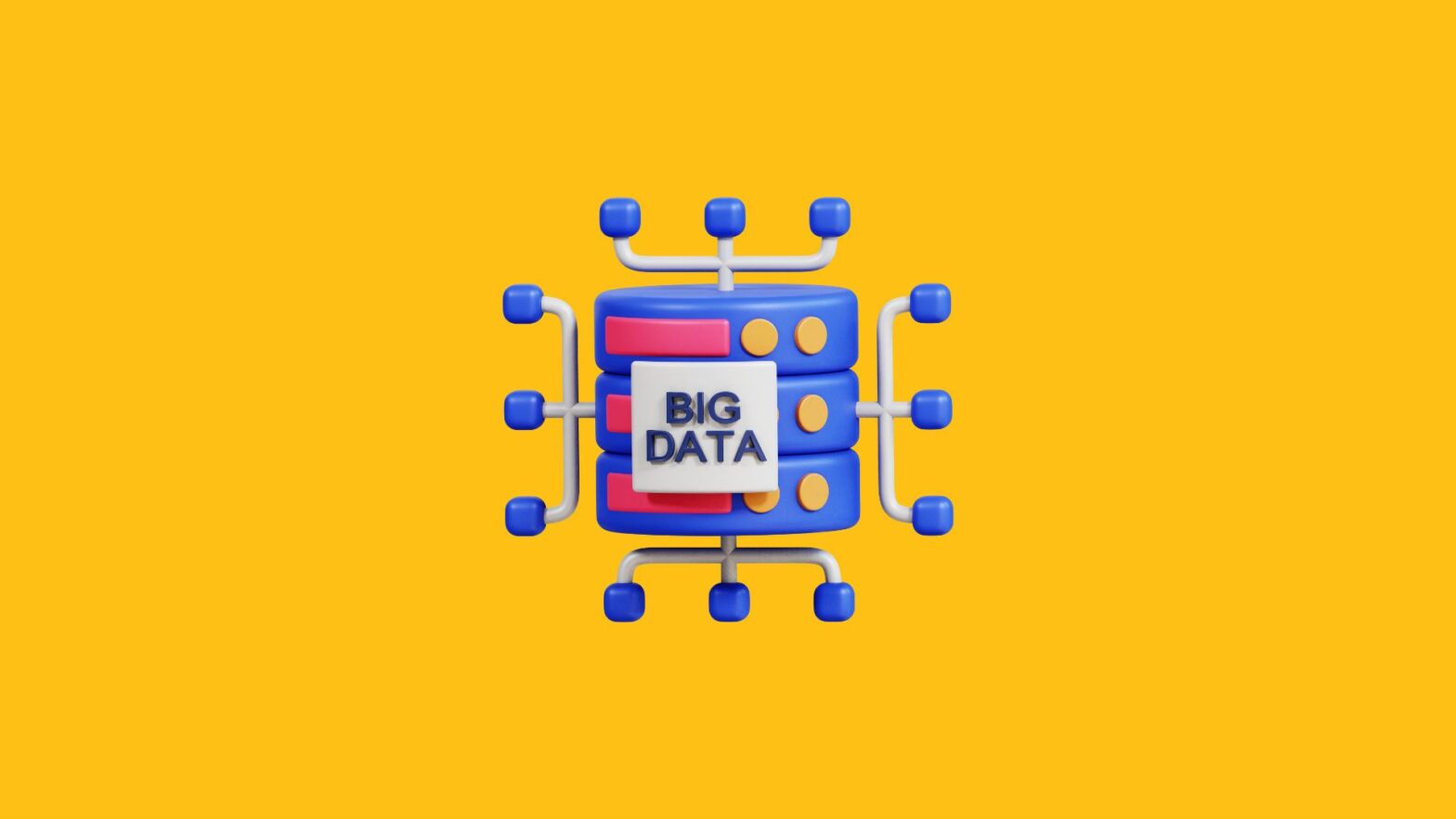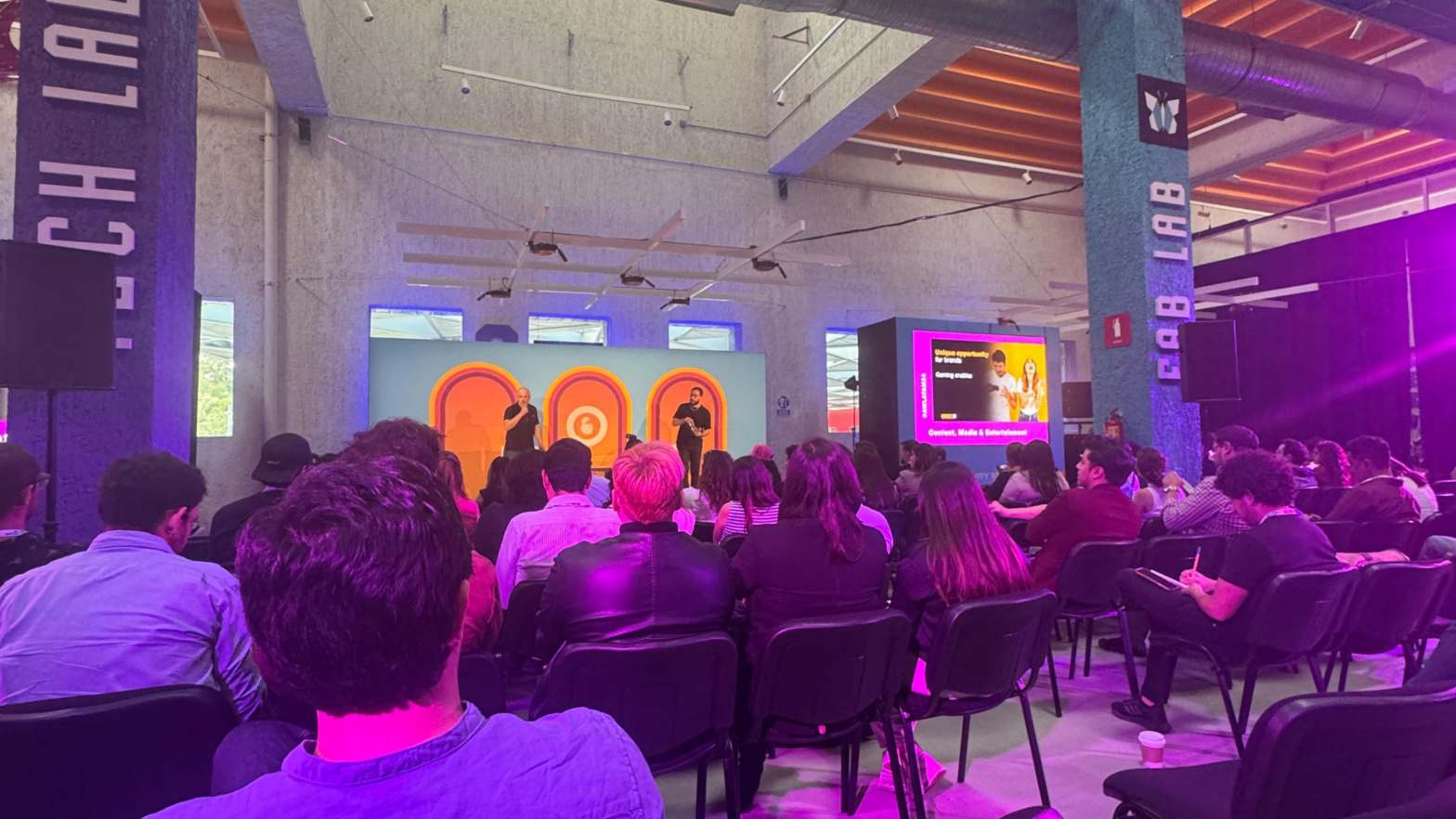Technology and health, the role of big data and artificial intelligence in laboratory marketing
October 1, 2024

In a world where technology is advancing at an unprecedented pace, the healthcare sector is keeping up. Today, big data and artificial intelligence (AI) are revolutionizing how laboratories approach marketing. These tools not only enable better audience segmentation but also facilitate personalized messaging and enhance campaign efficiency.
Big Data, the power of real-time data
Big data has transformed how laboratories collect, analyze, and utilize information. With the ability to process vast amounts of data in real time, laboratories can gain deeper insights into market trends, patient needs, and the behavior of healthcare professionals.
For instance, laboratories can analyze prescription data to identify patterns and predict which treatments are most effective for specific conditions. This not only improves marketing efficiency but also aids in developing products that genuinely meet market needs.
Success story: A pharmaceutical laboratory utilized big data to analyze millions of records from diabetes patients. This allowed them to identify specific subgroups of patients who responded better to certain treatments, leading to a targeted marketing campaign that boosted sales by 15%.
The key to harnessing big data lies in integration. Ensure that data collected from various sources is combined to provide a comprehensive and coherent view of the market.
Artificial intelligence, taking personalization to the next level
Artificial intelligence has made significant strides in personalizing marketing within the healthcare sector. Through advanced algorithms, AI can analyze user behavior in real time and tailor marketing messages to be more relevant and effective.
For example, AI can segment healthcare professionals based on their interests and previous behaviors, delivering personalized content that resonates with their specific needs. This not only increases conversion likelihood but also enhances the user experience, making campaigns less intrusive and more useful.
Success story: An oncology-focused laboratory used AI to analyze oncologists’ interactions with their website and automatically adjust content recommendations based on their behavior. As a result, web engagement increased by 40%, and conversions rose by 20%.
AI is most effective when combined with a human touch. Ensure that insights generated by AI inform but do not replace human creativity and strategy.
Improving campaign efficiency
Big data and AI not only help personalize messages but also enhance the overall efficiency of marketing campaigns. By automating processes such as audience segmentation and content distribution, laboratories can reduce costs and improve effectiveness.
Moreover, these technologies provide near-instant feedback, facilitating quick adjustments to campaigns. This is crucial in a sector like healthcare, where market conditions and patient needs can change rapidly.
Implement a continuous monitoring system that allows you to adjust your campaigns in real time. This not only optimizes results but also keeps you one step ahead of the competition.
The future of laboratory marketing
Big data and artificial intelligence are redefining marketing in the healthcare sector. These technologies not only improve segmentation and personalization but also elevate the efficiency and effectiveness of campaigns. In a highly regulated and competitive laboratory market, adopting these tools is not just an option but a necessity to remain relevant and competitive.
With these strategies, laboratories can not only meet market expectations but also exceed them, offering products and campaigns that truly make a difference in the lives of patients and healthcare professionals.
The future of healthcare marketing is now, and it is driven by data and algorithms! Are you ready to harness its full potential?




